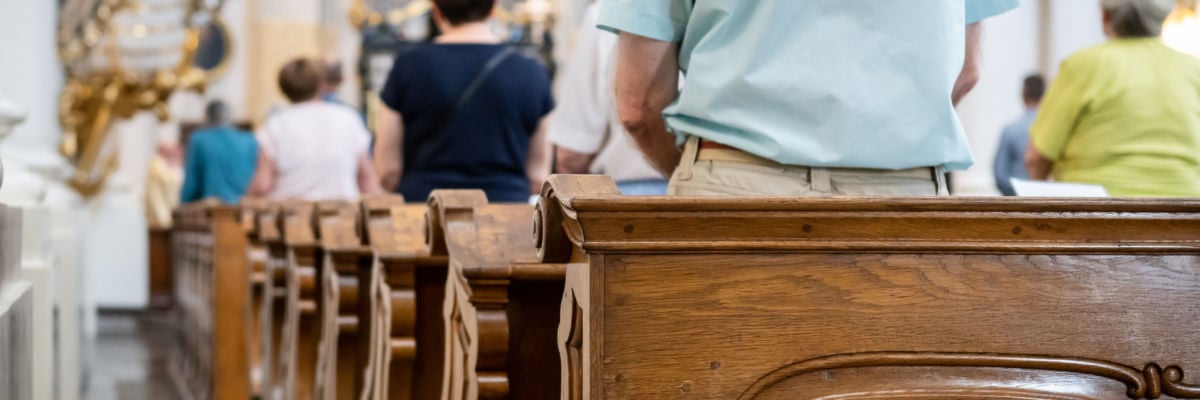
DAY 77
CHALLENGE
“Catholic ministers should not be called priests. All Christians are priests. Peter says his readers are ‘a royal priesthood, a holy nation’ (1 Pet. 2:9).”
DEFENSE
Christians are priests, but Scripture indicates that there is also a special, ministerial priesthood.
The Church agrees that, by baptism, Christians have a share in Christ’s priesthood (CCC 1141, 1268, 1546; cf. 1174, 1322). This is commonly referred to as “the common priesthood of all the faithful” (CCC 1535). However, certain members of the faithful are ordained to a greater participation in Christ’s priesthood by the sacrament of holy orders. This is known as the ministerial priesthood (CCC 1547). Christ—the source of the common and ministerial priesthoods—is our high priest (CCC 1544). The Church thus understands there to be a threefold structure: the common priesthood of all, the ministerial priesthood of the ordained, and the high priesthood of Christ.
This is what we see in the New Testament. The common priesthood is referred to in 1 Peter 2:9. The ministerial priesthood is referred to in Romans 15:16, where Paul speaks of how he is a minister of Christ “in the priestly service of the gospel of God.” The ministerial priesthood is also referred to in passages that speak of ordained Church leaders known as “elders” (Acts 14:23; 1 Tim. 5:17; Titus 1:5; James 5:14). Finally, the high priesthood of Christ is referred to in passages such as Hebrews 3:1, 4:14–15, 5:5, 6:20, and 9:11.
This was also the pattern in the Old Testament. Peter was quoting from the Septuagint version of Exodus 19:6, where God told the Israelites that, if they kept his covenant, they would be to him “a royal priesthood and a holy nation” (Greek, basileion hierateuma kai ethnos hagion). There was thus a common priesthood of the Israelites, but that did not stop God from also appointing a ministerial priesthood from the sons of Aaron (Exod. 28:1), with Aaron as the high priest (Ezra 7:5). Rather than undermining the idea of a ministerial priesthood, Peter’s citation of Exodus supports it by invoking for the Church the same priestly concepts that applied to Israel.
TIP
It is hard to object to Catholics calling their ministers “priests” since this term is derived from the Greek word presbuteros (“elder, presbyter”). The New Testament elders or presbyters gave English the word “priest.”



